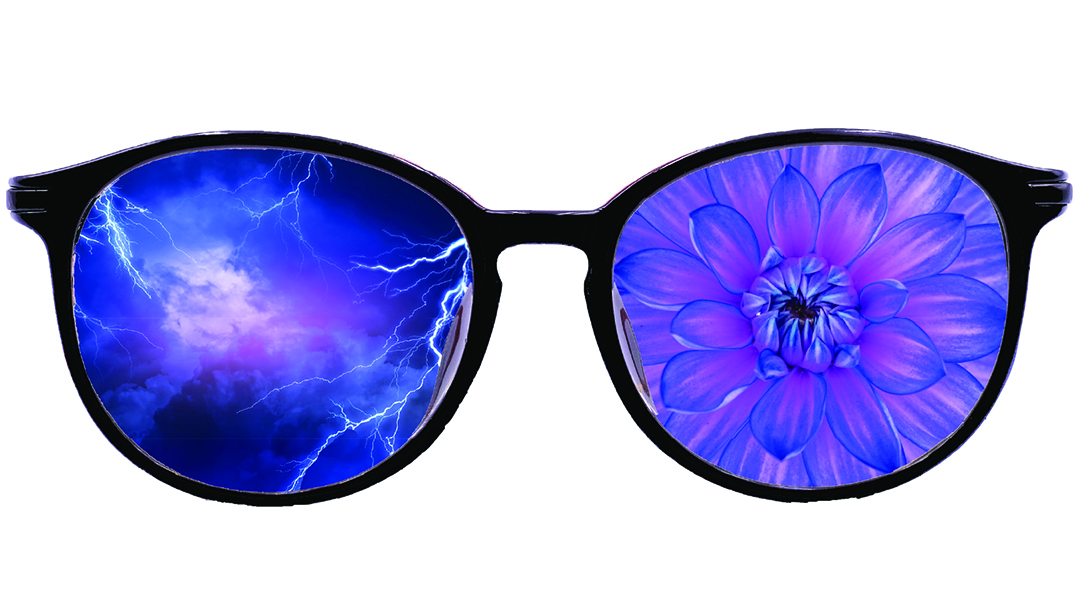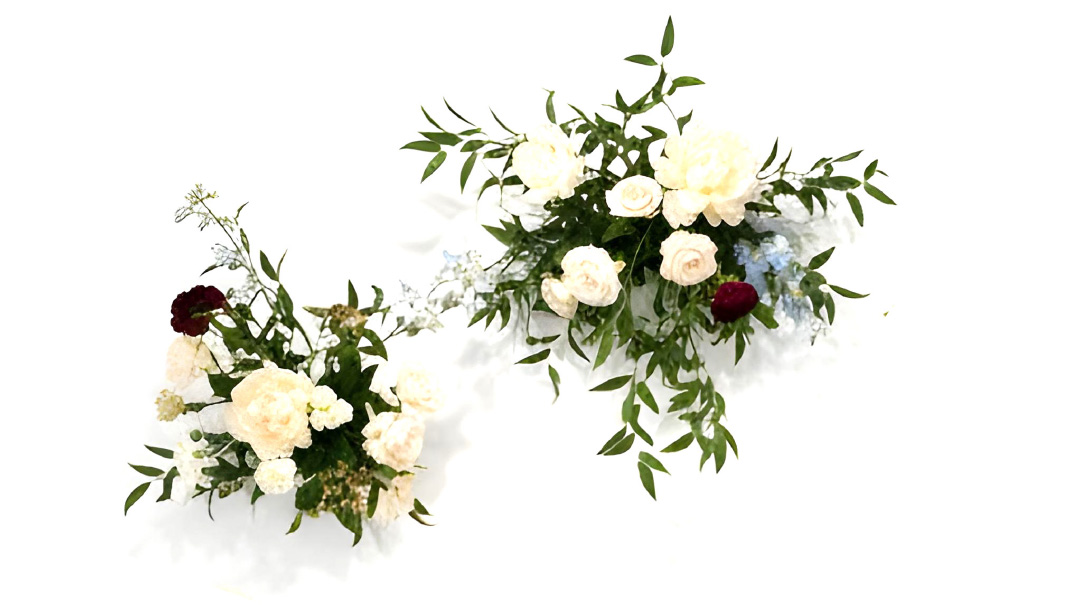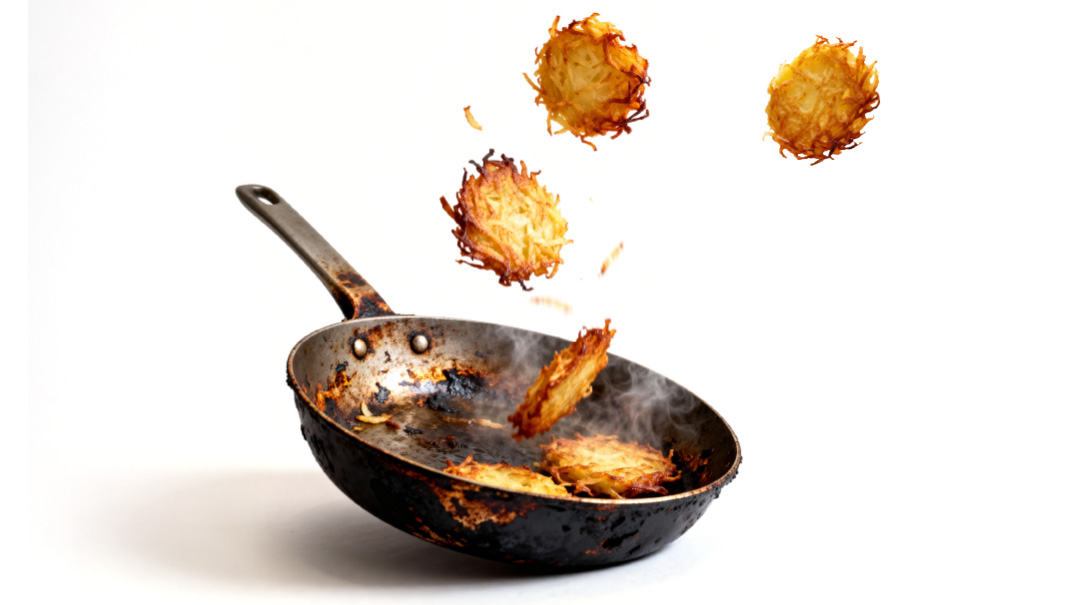An Optician’s View
| April 7, 2021From time to time, the glasses slipped off and the panorama became markedly different

I refuse to remove my rose-tinted glasses; they’ve just become too precious. As I look back over the decades, I know that the rosy tint of the lenses provided an important, protective coloring to my own life and to the lives of so many of my contemporaries. We saw the harmony in family, the compassion of friends and neighbors, the friendliness of schoolmates, and the comforting predictability of each sunrise and sunset.
That’s how it was way back in those “ancient times” (as my kids call it) of post-war living. We lacked for nothing, had fun playing in the lane with the neighborhood kids, and life was rosy.
But from time to time, the glasses slipped off and the panorama became markedly different. What did my friends and I really see? We saw our parents struggling. Even as youngsters, we knew that, somehow, they were different. Their smiles were heavy, loaded with a trace of something else.
We had fun, laughing and racing around the block, playing ball or playing house. But we kept our eyes open. If you were playing indoors, then you played quietly, careful not to disturb the equilibrium. Perhaps there was a parent who was learning, resting, or simply not in the mood. We were aware, very aware.
Oops! We could not locate your form.







